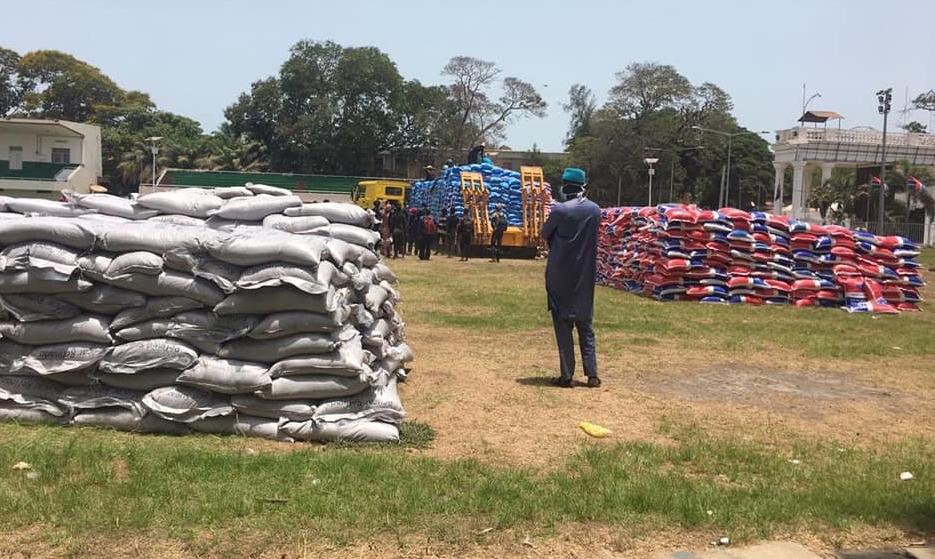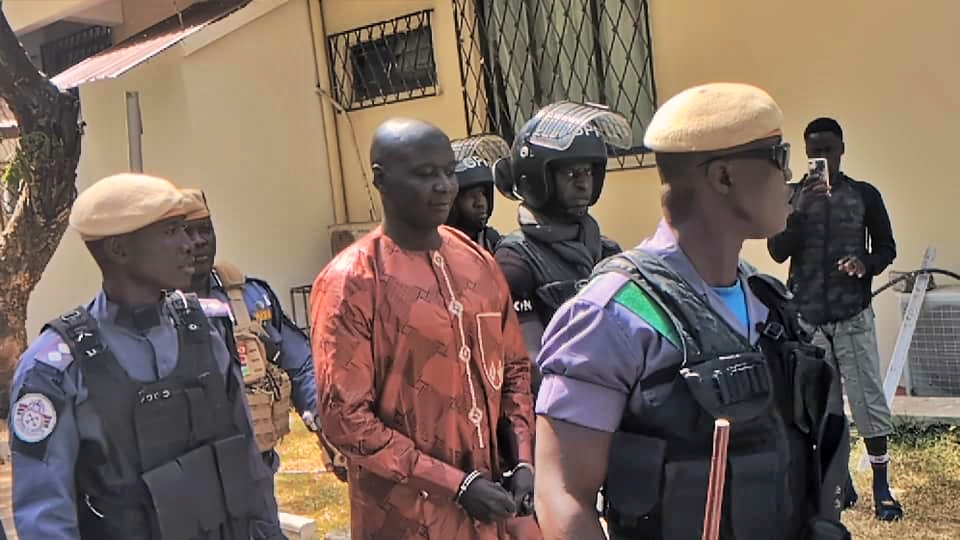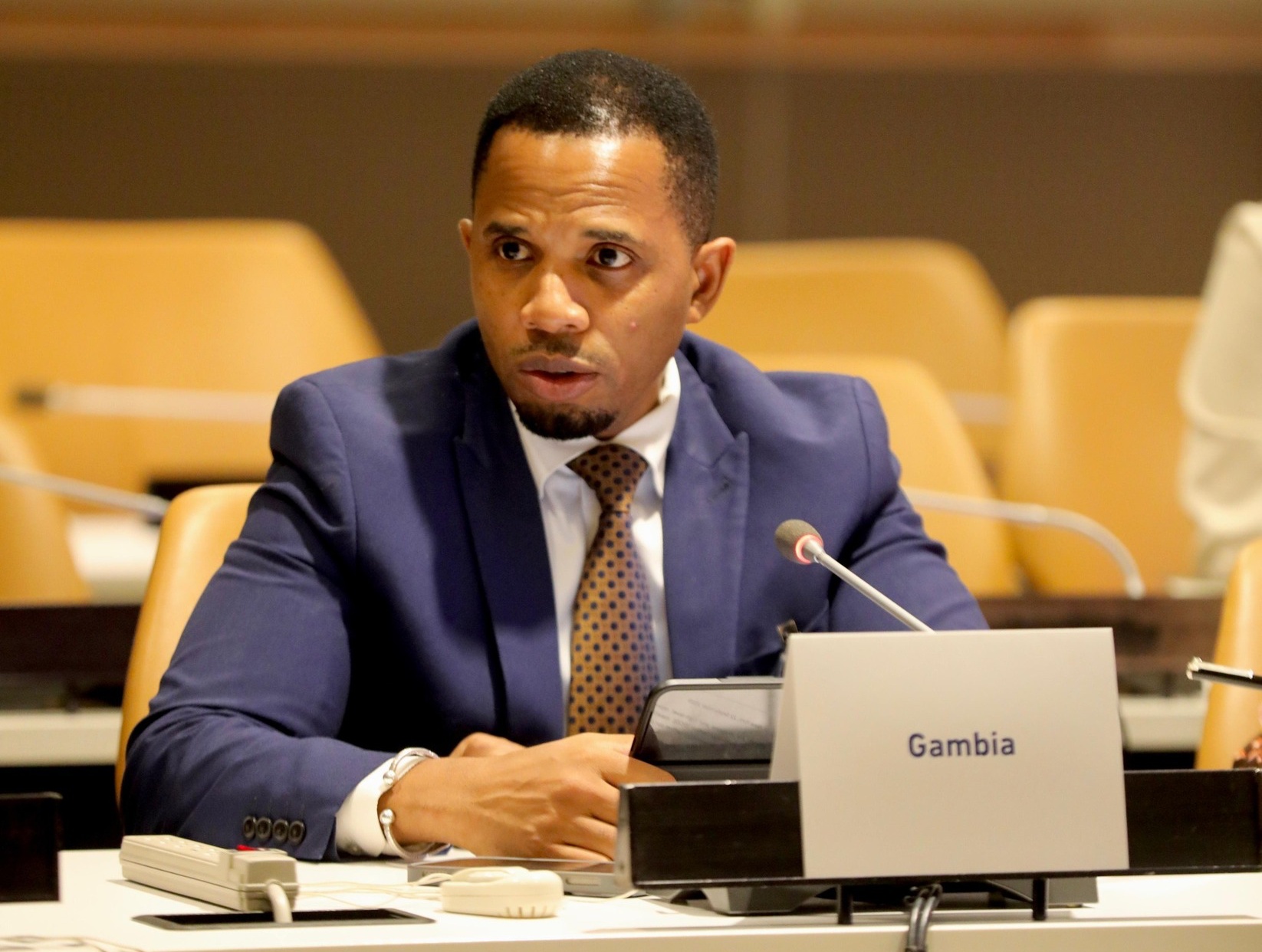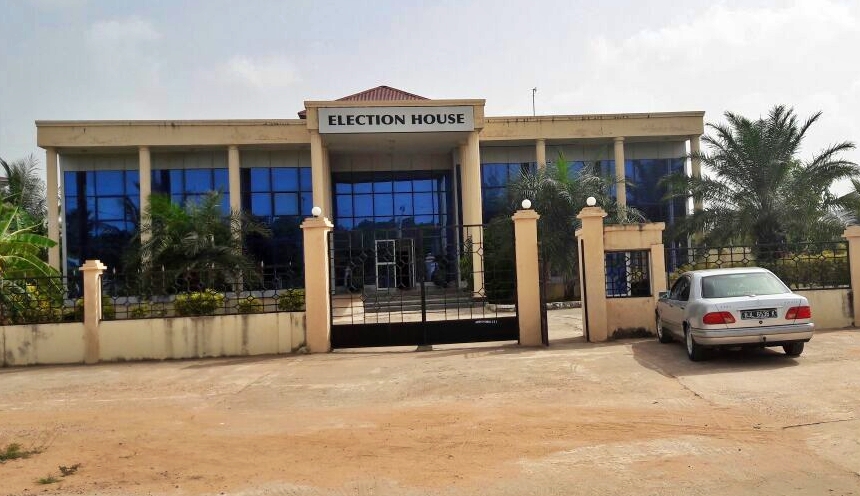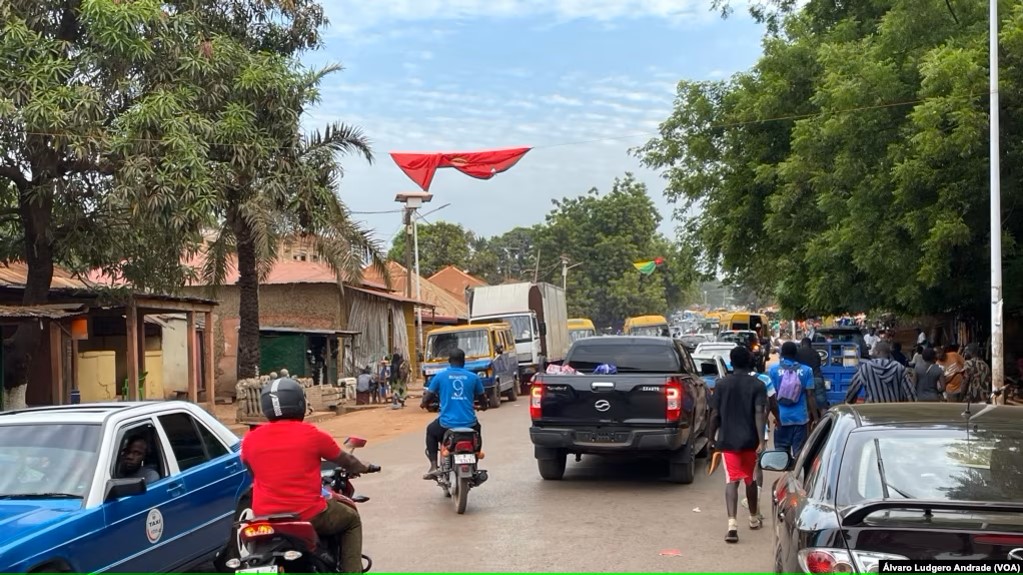Gambiaj.com – (Bissau, Guinea-Bissau) – A coalition of civil society organizations in Guinea-Bissau is preparing for a nationwide demonstration on May 25—Africa Liberation Day—demanding an end to what they describe as the suppression of democratic freedoms and the continuation of an illegitimate government.
Spearheaded by the civic movement Po de Terra (Pau da Terra) and the Frente Popular, a broad-based platform of trade unions and youth organizations, the protest is being organized under the banner of restoring constitutional order and defending fundamental rights.
Organizers are urging Bissau-Guineans across the country to join the demonstrations, which they say will take place simultaneously in all regions and sectors.
Speaking to DW Africa, Vigário Luís Balanta, Secretary General of Po de Terra, emphasized the strategic importance of unity and civic engagement in confronting what he described as the erosion of constitutional governance under President Umaro Sissoco Embaló.
“We have more than enough reasons to demonstrate,” Balanta stated. “For the past five years, we have witnessed a systematic violation of our Constitution, a blatant disregard for human rights, and economic hardship marked by inflation and lack of transparency in taxation. The current government has lost its legitimacy, and we are calling on the people—and the international community—to pay attention.”
Balanta and other civil society leaders contend that President Embaló’s term officially ended on February 27, rendering his continued hold on power unlawful. This alleged overstay, coupled with the absence of a functioning parliament, has raised alarm among activists who say the country is sliding toward authoritarianism.
“There is no parliament to oversee government actions. What we are seeing is not governance but imposition. We will not remain silent while our Constitution is dismantled,” Balanta said, calling on youth and other sectors of society to mobilize.
The organizers have deliberately withheld logistical details of the protest to avoid preemptive actions by state security forces, citing past instances of intimidation and repression.
Africa Liberation Day as a Symbol of Resistance Amid Mounting Political Tensions
Choosing May 25 for the mobilization is a calculated political statement. Africa Liberation Day, which commemorates the founding of the Organization of African Unity (now the African Union), is being reframed by activists in Guinea-Bissau as a day of continental resistance—not just against colonial legacies, but also against modern-day autocracy.
“For us, Africa Liberation Day is a day of reflection and resistance,” said Balanta. “Amílcar Cabral taught us to think with our own heads and walk with our own feet. We reject any puppet presidency imposed from abroad or maintained by force.”
The organizers are also protesting deteriorating social conditions, particularly in health and education. They are calling for a reorientation of public policy to prioritize the well-being of youth and the elderly.
“There is no healthcare, no proper education, and no public investment in youth. These conditions are unacceptable, and it is our responsibility as conscious citizens to rise up,” Balanta added.
The planned demonstration comes amid growing public discontent with Embaló’s government. Critics accuse the administration of centralizing power and using security forces to stifle dissent. Previous protests have been met with heavy-handed responses, raising fears of a possible crackdown.
Despite the risks, organizers are forging ahead, hoping the May 25 mobilization will mark a turning point in Guinea-Bissau’s political trajectory.
“We are in a situation of absolute illegality. The leadership knows their mandate has expired. But they remain in power by force,” Balanta said. “We will not cross our arms. We will stand and fight for freedom, for democracy, and for the soul of our nation.”
Whether the protest will lead to substantive political change remains uncertain. But for the civil society groups involved, May 25 is not just a day on the calendar—it is a line in the sand.




